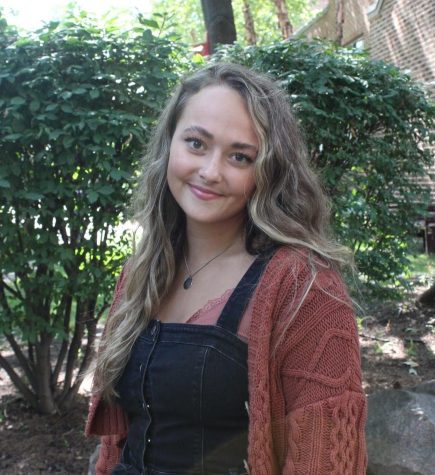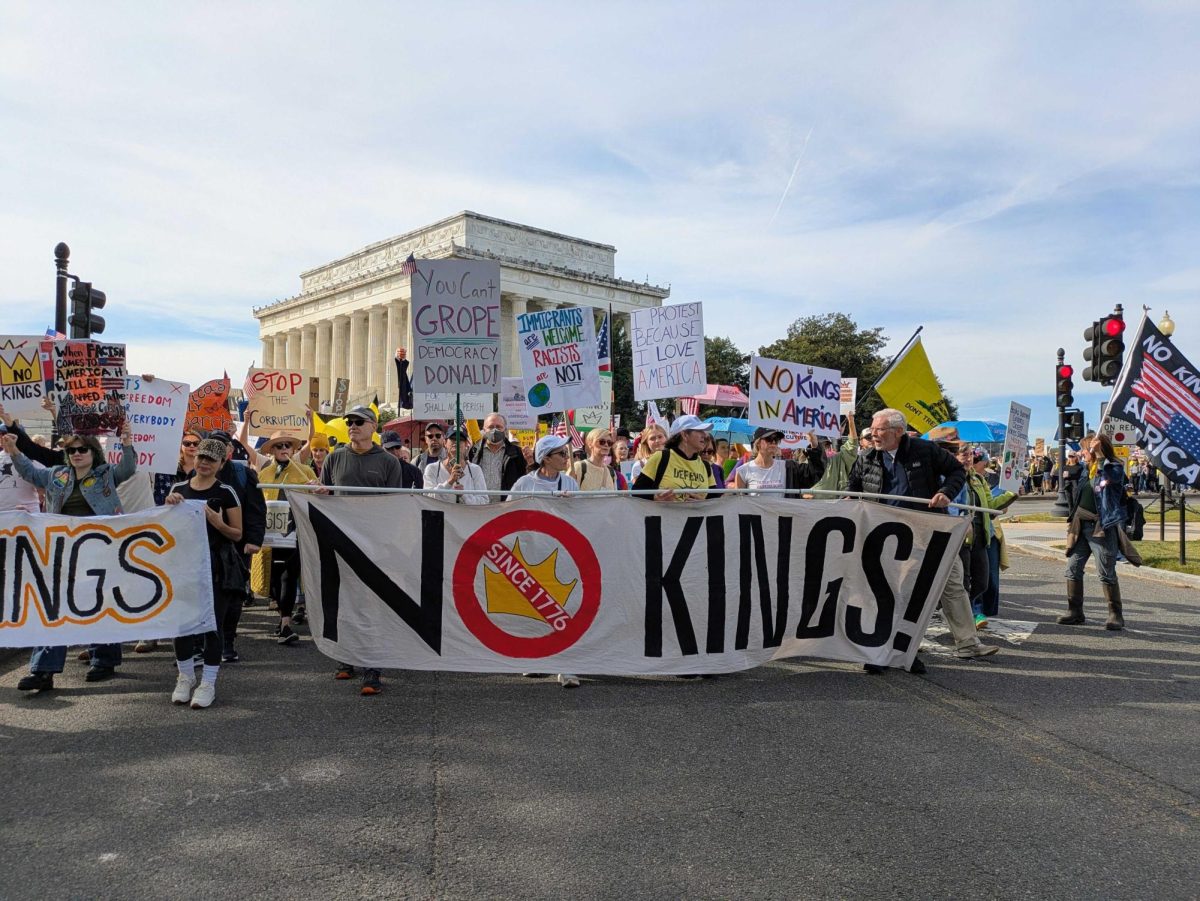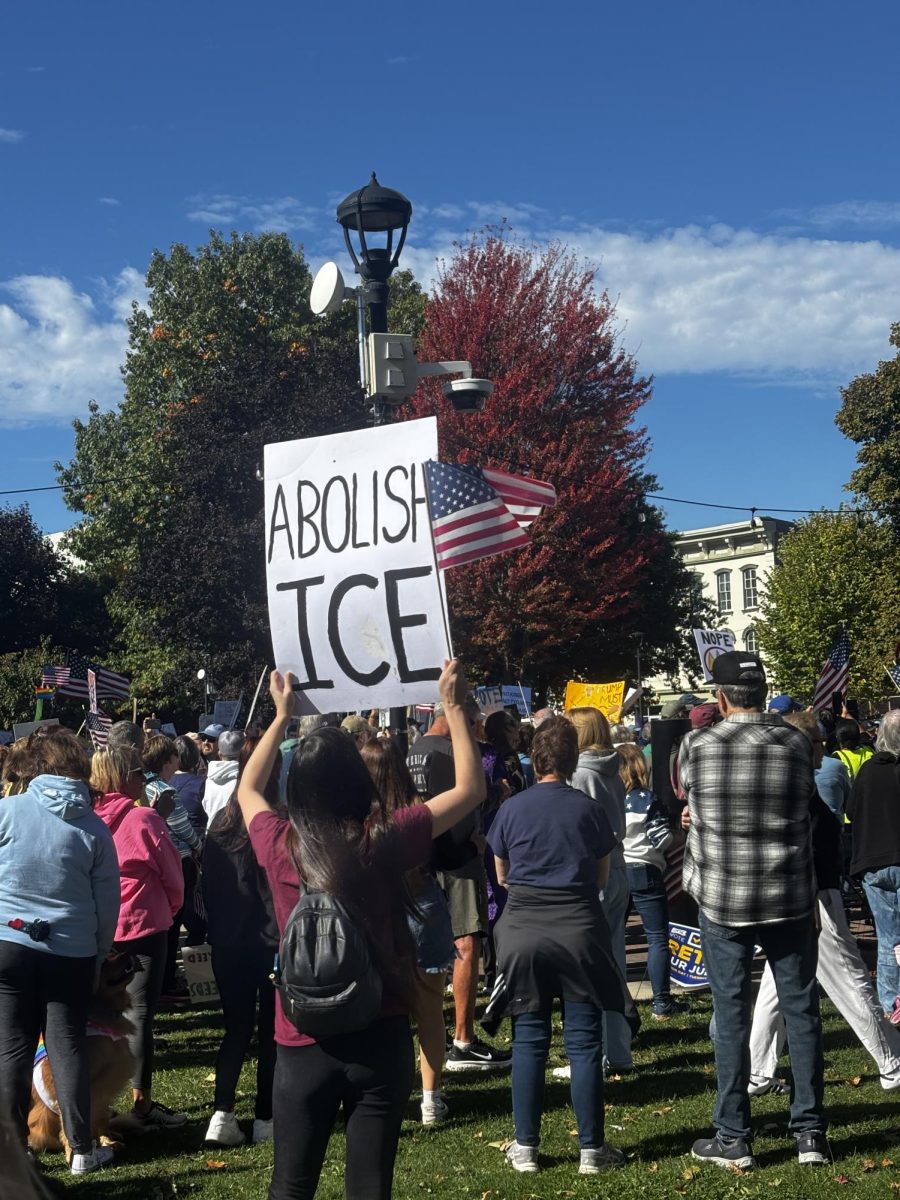Changing the death toll of veterans
How to work toward veteran suicide awareness
September 29, 2020
Twenty-two.
That is how many veterans commit suicide daily.
As National Suicide Prevention Month comes to a close, I think it is important to the remember that 17% of American suicides that occur each day are veterans. In March 2019, my uncle, Sr. Master Sgt. Robert Allan Hollenbaugh Jr. was one of the roughly 660 veterans who take their lives each month, which makes this issue even more personal to me.
Despite these alarming statistics, I feel as though veterans are neglected during the month of September. Why is this?
Strength. Courage. Bravery. These are some virtues that come to mind when thinking of those who serve and have served our country. However, what happens when the brave can not be strong any longer? What happens when our military men and women need help?
Silence. Similar to the mention of veteran suicide during Suicide Prevention Month, these men and women fall quiet when it comes to coming forward about their internal struggles, and this is just one reason why the daily death toll continues to rise for our servicemembers.
Another reason veteran suicide is on the ascent is due to lack of resources, especially during the COVID-19 global pandemic. Research and treatment, for any mental illness, but especially PTSD and war-related ailments, are hard to come by. It is even more challenging to help those struggling with suicidal thoughts when they try to carry the weight of the world on their shoulders silently.
So what can we do as a campus and as a national community to put an end to this veteran suicide crisis?
As college students, we hold a lot of responsibility in fostering the future of our country. We must remain cognizant that we have the power to make change, which is why I am choosing to advocate for an issue that is so extremely personal to me. Today, tomorrow and next September, we can choose to prioritize the mental health of all people, while also recognizing the calamity plaguing our military. It is not enough to thank someone for their service. We as a country need to come together as one, even in dividing times such as these, and acknowledge that as veterans have a duty to protect us, we have a duty to protect them and their families from a disaster that is 100% preventable. It is the least we can do.
What can you do personally?
Reach out. Nearly everyone knows someone who has served in the military. Check on them. Not only in honor of September, but in honor of their service all year round.
Get involved. There are a vast variety of organizations that benefit veterans that you can be a part of. The Military Suicide Awareness 22 A Day Movement is an advocacy action network. They foster events large and small and also provide ambassador opportunities. Apparel is also available from this organization and many others alike, which is another way to spread awareness for this issue on-the-rise.
Twenty-two a day is far too many veteran lives lost. That amounts to nearly one veteran lost every 65 minutes. Directing attention toward this issue and urging others toward change is the first step in slowing this crisis to a halt.
“Be the change you wish to see in the world,” as Mahatma Ghandi famously said, and September is the perfect place to start in terms of preventing veteran suicide.
ALI SMITH
[email protected]






Marcus Brooks • Oct 2, 2020 at 8:12 am
True indeed, this article is simply on point. Our veterans need the same love and support even when they are no longer serving…
Margaret Smith • Sep 29, 2020 at 11:19 pm
Thank you for sharing and making people aware of such a tragic situation going in in our great country today. Reach out and help our veterans who are silently suffering.
Thank you Ali
❤️ Grandma Maggie